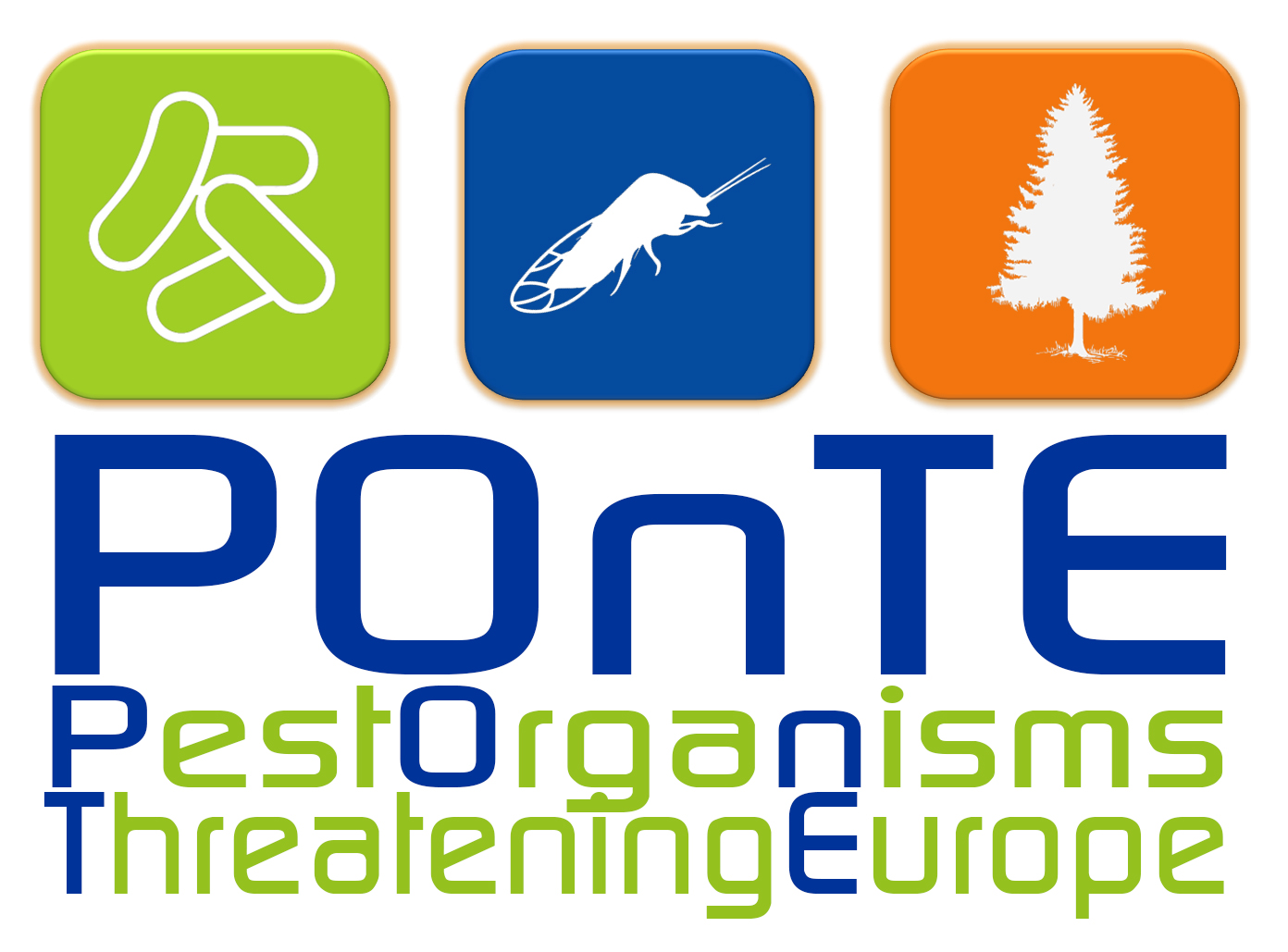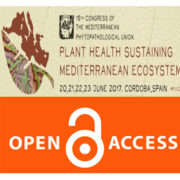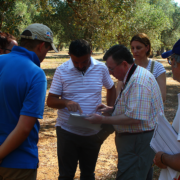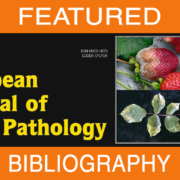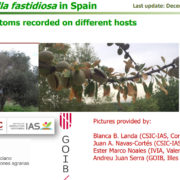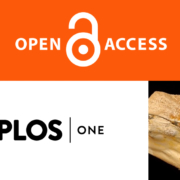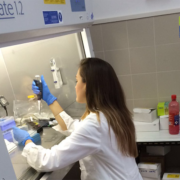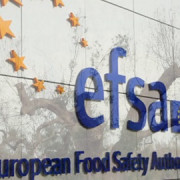Isolation , genetic characterization and phenotipic profiling of Xf strains from Costa Rica
Proceedings of the 15th Congress of the Mediterranean Phytopathological Union (MPU 2017), Cordoba, Spain, 20-23 June 2017. doi.org/10.5281/zenodo.821596
Rodríguez-Murillo, Neysa; Abdallah-Quirós, Isaías; Badilla-Lobo, Adriana; González-Espinoza, Gabriela; Chacón Díaz, Carlos
Abstract Poster Presentation
Xylella fastidiosa is endemic in Costa Rica. In the last decade X. fastdiosa has been detected and isolated from more than 20 different economic important crops and ornamentals, and most importantly extending the geographic range of detection of the bacteria. However, although the bacterium has great potential for the disease and it is widespread throughout the country, the symptoms related to infected plants are usually mild or asymptomatic. In recent years, the presence of X. fastidiosa in Europe has had important social and economic consequences not only in Europe but also in plant exporting countries such as Costa Rica. From previous reports it is known that X. fastidiosa strains isolated from Costa Rica represent a broader genetic variability than seen in other countries. In fact, there is genetic similarity among ST53 isolates from Costa Rica and the CoDiRo strains from affected Olives. The parallel study of X. fastidiosa circulating strains from Costa Rica can contribute to dilucidate some specific traits of the European X. fastidiosa strains. In this work we isolate and characterize X. fastidiosa strains from different hosts to broaden the genotypic and phenotypic information related to our circulating strains. We have isolated X. fastidiosa ST33, ST21 and ST61 strains from Coffee and ST33 from Guava, these sequence types are related to X. fastidiosa subspecies fastidiosa. Complementary to genetic profiling, we are phenotypically characterizing our strains through biochemical and fatty acid profiling and through biofilm formation assays. Our goal is to standardize a series of In vitro assays that could eventually be used in reference and research units for X. fastidiosa profiling.
This research was financially supported by funding from the European Union’s Horizon 2020 research and innovation programme under grant agreement No 635646: POnTE (Pest Organisms Threatening Europe) and grant agreement No 727987: XF-ACTORS (Xylella fastidiosa active containment through a multidisciplinary oriented research strategy).
Published on June, 2017 by MPU
